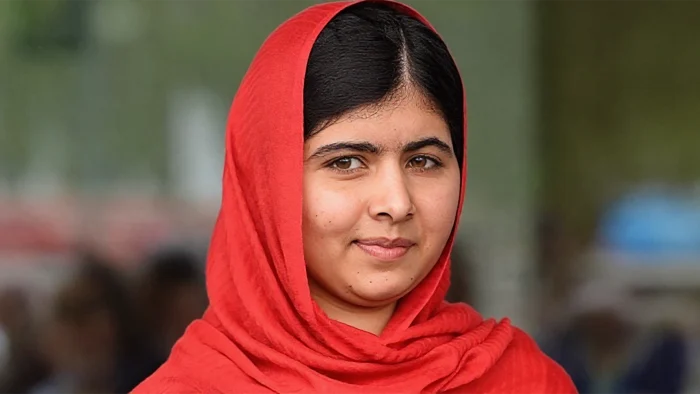Malala Fund has announced new $4.8 million investment to accelerate progress in girls’ education across five countries, with young women-led organisations receiving the largest share of the funding. Under the Fund’s 2025–2030 strategy, 66 per cent of the new grants approximately $3.17 million will support organisations led by young women, marking a significant scale-up and more than tripling the organisation’s initial target.
The investment will fund 21 civil society organisations across Nigeria, Pakistan, Brazil, Ethiopia and Tanzania through the Malala Fund Education Champion Network (ECN). These organisations will champion policy reforms, confront systemic barriers and expand opportunities for girls in contexts where gender inequality, conflict and poverty continue to limit access to learning.
Co-Founder and Executive Chair of Malala Fund, Malala Yousafzai, said the new grants reflect a strategic commitment to shifting resources directly to those closest to the challenges. “I am incredibly proud that most of the funding we are awarding under our new strategy is going to organisations led by young women. From reducing the cost of books and transport for girls in rural Pakistan to ensuring married girls and young mothers in Nigeria can complete secondary school, our partners are leading the fight for girls to learn, even under the toughest circumstances.”
The new cohort of ECN grantee partners will address urgent threats to girls’ education, including child marriage, conflict, shrinking education budgets and both gender- and race-based discrimination. Collectively, the five focus countries are home to 31 million out-of-school girls, with Nigeria and Pakistan alone accounting for 15 per cent of the global total.
CEO of Malala Fund, Lena Alfi, emphasised the importance of resourcing local leaders who have long championed systemic change. “Our partners are closest to the challenges holding girls back and are delivering bold, practical, systemic solutions so girls can get the education they deserve. With girls’ rights under pressure and resourcing slipping worldwide, the smartest investment we can make is in the young women and seasoned activists who know exactly how to defend them.”
Across the five countries, the grants will support a wide spectrum of interventions: In Nigeria, partners will scale gender-responsive budgeting and transparency, deploy digital tools to track education spending, and strengthen re-entry pathways for married and pregnant girls. In Pakistan,organisations will tackle hidden schooling costs, rebuild flood-damaged school structures, recruit female teachers and drive accountability for gender-responsive budgeting.
In Brazil, grantees will push for gender- and race-responsive education planning, implement menstrual dignity policies, and fortify sexual health and anti-violence initiatives to keep girls in school. In Ethiopia, partners will advance adoption of the Safe Schools Declaration, train teachers and officials on preventing gender-based violence, and provide psychosocial support in conflict-affected communities.
In Tanzania, groups will strengthen re-entry policies for young mothers, expand school-based reporting of gender-based violence, and advocate for legal reforms that set 18 as the minimum age of marriage with no exceptions.
Malala Fund notes that its focus countries and specific regions within them have some of the highest rates of out-of-school girls globally. The organisation continues to prioritise flexible, multi-year grants, enabling partners to allocate resources to high-impact areas including policy advocacy, budget transparency, safe-school programming, the elimination of hidden schooling costs, and re-entry systems for young mothers.



